Protecting students from reading

Want unlimited, ad-free access? Become a spiked supporter.
Following calls from student activists to introduce ‘trigger warnings’ to the school curriculum in Victoria, Australia, the state government has announced that it will screen books, films and plays which include ‘unsuitable’ material.
The Victorian Curriculum Assessment Authority (VCAA) has already identified texts that, regardless of their literary merit, it views as unsuitable for students. Material that includes ‘realistic depictions of violence’, ‘gratuitous use of coarse language’ and ‘[the] promotion… of alcohol… illegal drugs, or other illegal behaviour’ might soon be screened out of the syllabus.
The Victorian government has been quick to defend its stance, arguing that the screening is just a review of the current text list. (It was also at a pains to highlight that there will be no immediate changes.) However, whether the changes happen today, tomorrow or further in the future, this looming review will have an immediate chilling effect. In the meantime, educators across the state will be expected to monitor – and potentially censor – contentious materials.
What’s particularly worrying about all this is that schools may be encouraged to consider removing works which deal with uncomfortable historical issues. A text which has been labelled ‘confronting’ is No Sugar, a play by Aboriginal poet Jack Davis, which considers the racist policies of depression-era Western Australia. In a country that desperately wants to come to terms with its treatment of indigenous people, an educational body refusing to discuss the past is possibly the worst step it could take.
More fundamentally, these measures are deeply paternalistic. Banning certain books implies that teenagers are not mature enough, or lack the emotional capabilities, to consider and discuss serious issues. According to this view, they must be protected from the outside world – ironically, much like the courageous Millimurra family in No Sugar.
The government has no place screening and censoring ‘difficult’ texts. It’s an attack not only on education, but on students’ ability to think for themselves. If we want a generation of young people who can challenge and question difficult ideas, and appreciate controversial works of art and literature, we must argue against censorship in the classroom.
Nick Rodway is a writer based in Australia.
You’ve read 3 free articles this month.
Support spiked and get unlimited access.
Support spiked – £1 a month for 3 months
spiked is funded by readers like you. Only 0.1% of regular readers currently support us. If just 1% did, we could grow our team and step up the fight for free speech and democracy.
Become a spiked supporter and enjoy unlimited, ad-free access, bonus content and exclusive events – while helping to keep independent journalism alive.
———————————————————————————————————————————–
Exclusive January offer: join today for £1 a month for 3 months. Then £5 a month, cancel anytime.
———————————————————————————————————————————–
Monthly support makes the biggest difference. Thank you.
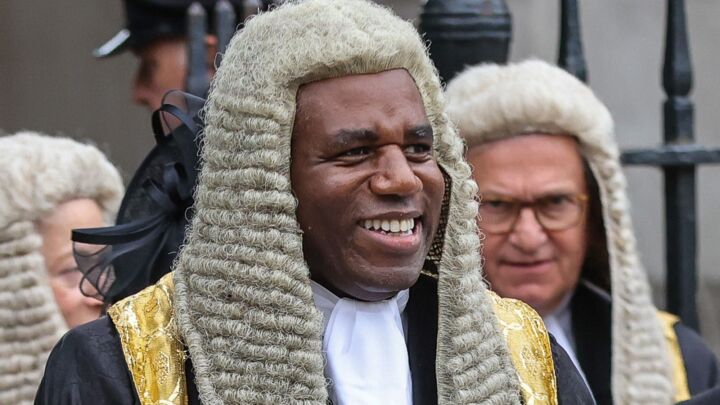
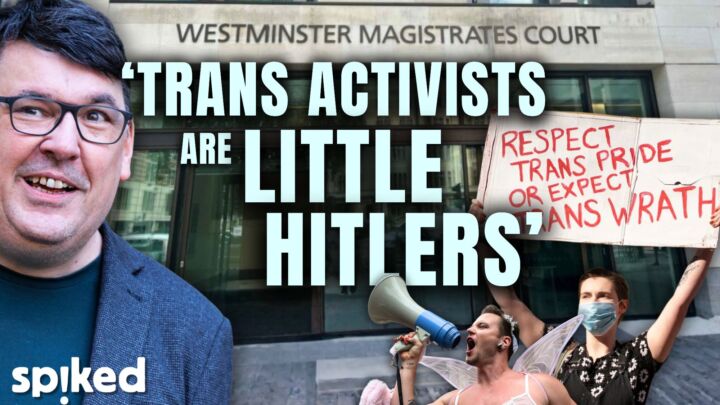
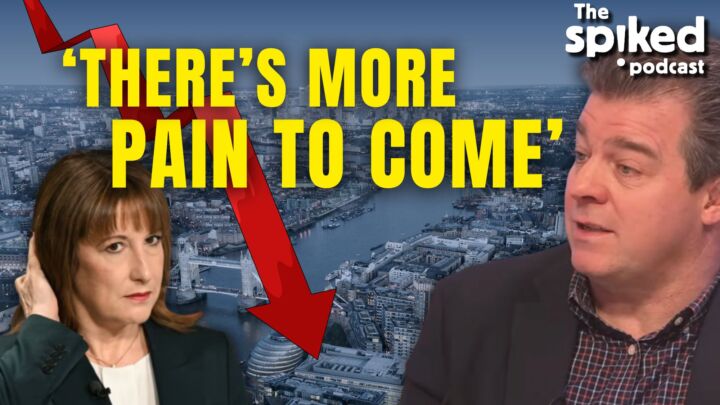
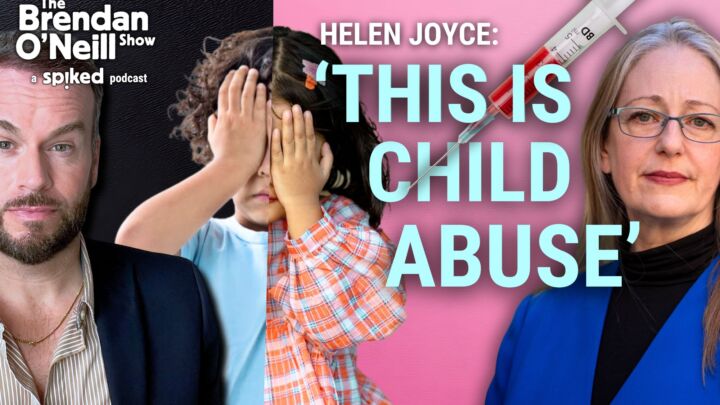
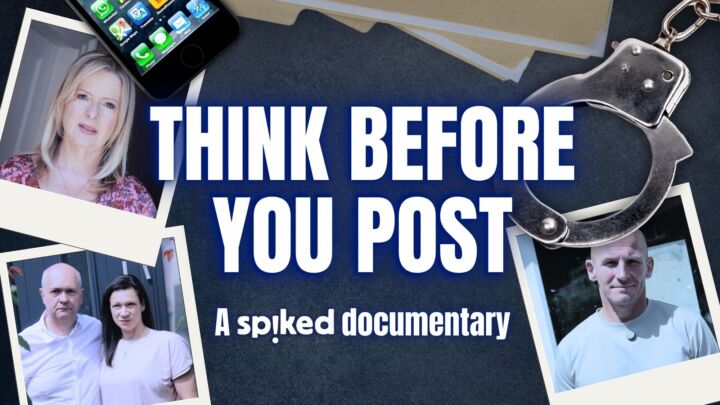

Comments
Want to join the conversation?
Only spiked supporters and patrons, who donate regularly to us, can comment on our articles.